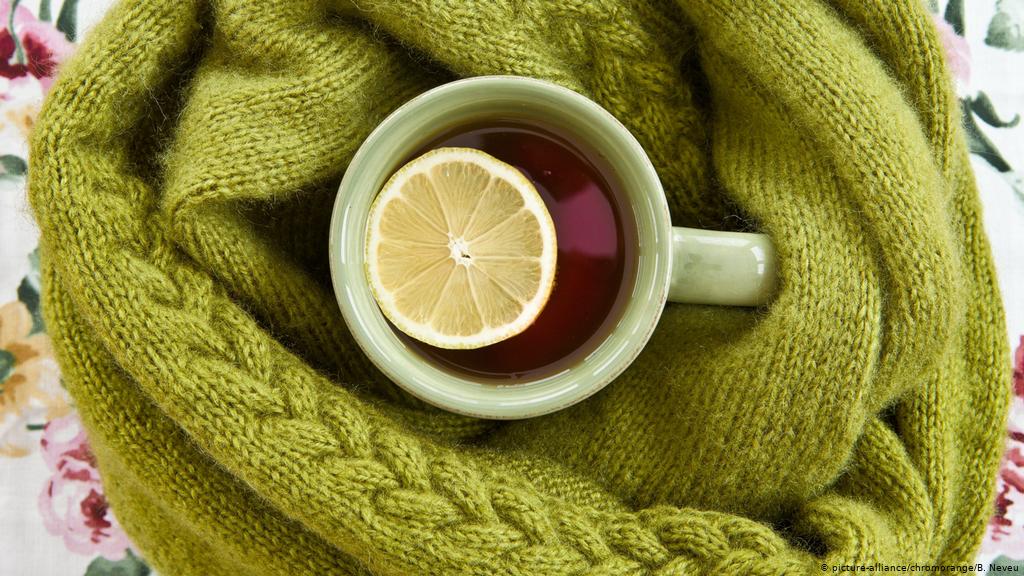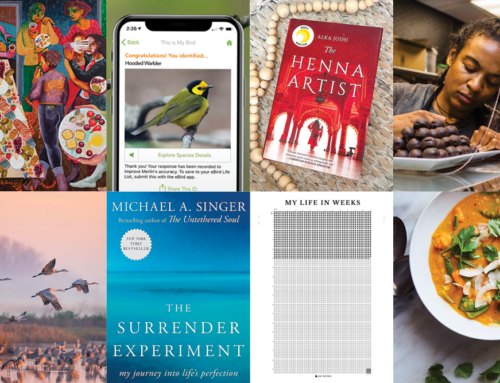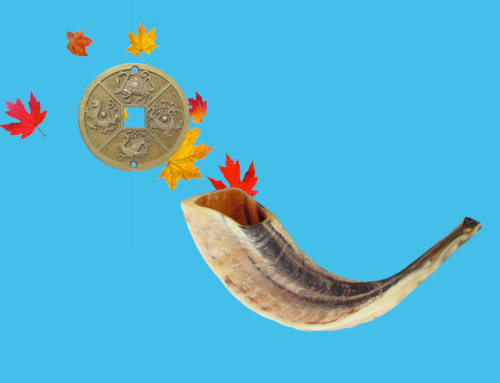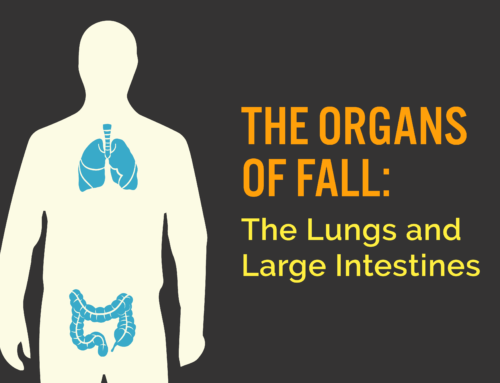We get it. It’s pretty gross outside. You leave work in the dark and wake up to the sound of the wind howling outside your window. And then, to top it all off, you realize that you might be getting sick.
Chinese Medicine has a lot to offer us in terms of keeping ourselves healthy during the winter, and has some specific and unique tips for dealing with colds and feeling “under the weather.”
Pay Attention
If you go to an acupuncturist when you are getting a cold, they are likely to ask you some very specific questions about how you are feeling. These considerations can be important to ask yourself when you’re trying to pretend you’re not getting sick. Some sensations to take seriously include: a sense of tightness, cold, or pain in your occiput (boney area on the back of your head, where your skull connects to your neck), back of your neck, and shoulders; difficulty swallowing or taking a deep breath; pain in the cheekbones, eyes, sinuses, or armpits; chills, sweating, or discomfort with wind/drafts. If you notice this and think that a cold is coming on, it’s time to schedule an appointment for acupuncture – either for a One on One or a quick visit to the Community clinic.
If you’re not able to make it to acupuncture, or need some tips to keep yourself healthy from colds, read on.
Keep Yourself Cozy
Use clothing to cover parts of your body with high blood circulation, including your abdomen and low back, wrists and ankles, top of the head, and neck and shoulders. The back of the neck is said to be particularly vulnerable to wind and temperature changes and needs to be protected if your immune system isn’t feeling tip top.
Protect Your Skin
The classical acupuncture texts say that the lung is responsible for defence against pathogens, and a person’s overall immunity shows in the strength of the skin and body hair. In the winter with the cold and dry air, chapped skin and poor circulation can be uncomfortable as well as weaken the skin barrier between you and the outside world.
 Promote Circulation and Sensation of the Body
Promote Circulation and Sensation of the Body

Use a natural moisturizer or body oil after you shower, and make sure that you don’t get chilly after bathing. You can spend time giving yourself a massage to promote blood and lymph circulation. If you feel a cold coming on, you can massage the route of the Large Intestine Channel (see image), paying special attention to LI 4. Many cultures that have cold winters use dry brushing and saunas as ways of toning the body’s skin barrier and promoting circulation – you might want to give these a try if they sound appealing.
Break a Sweat
If you are feeling a cold coming on, but aren’t actually feeling sick, weak, or fatigued, it could be beneficial to stir up your body’s natural immunity by breaking a sweat in a controlled environment. This might be a workout that’s not too physically challenging but allows you to sweat without out being exposed to drastic temperature changes (e.g. a run on the elliptical instead of outside on a windy evening), a trip to the sauna, a hot epsom salt bath, or a brisk walk with slightly too many layers on. If you’re able to break a sweat, end your activity soon afterwards, get warm and dry, and relax for a few hours afterwards to allow your body to reset and hopefully push out the cold. If you feel worse afterwards, take it seriously and get rest and acupuncture.
 Breathe Deep
Breathe Deep

Use methods to open the sinus cavities in your nose, cheeks, and forehead. We often focus hard on decongestion via over the counter medications, which can be very useful. However, the cover much of the front of the head and you can affect the sensation of heaviness, pain and blockage using more traditional methods. You might consider using a neti pot or saline rinse with boiled, purified water and salt; an herbal steam with some essential oil drops, and/or a facial massage.
Eat to Support Yourself
Chinese and Western medicine have several suggestions for foods to choose when preventing or recovering from a cold. Foods that support the Chinese concept of the lung/immune system are pungent, moistening and warming. You can choose spices that we typically associate with this time of year, including cinnamon, ginger, and nutmeg. Pungent is the flavor associated with the Lung and its correspondences. Strong pungent flavors include wasabi, curries of all types, and peppers. If you’re looking to break a sweat and open up your sinuses, this could be just what you need. If you’re looking for more gentle foods to support your lungs and immune systems, you can choose more neutral pungent foods like basil, brussel sprouts, sweet potatoes, radishes, cabbage, and onions. Pears are also great for weak lungs, and a great dessert to prevent illness is a baked pear with a little cinnamon and ginger.
Source: April Crowell’s Spice It Up! The Pungent Flavor of the Metal Element





